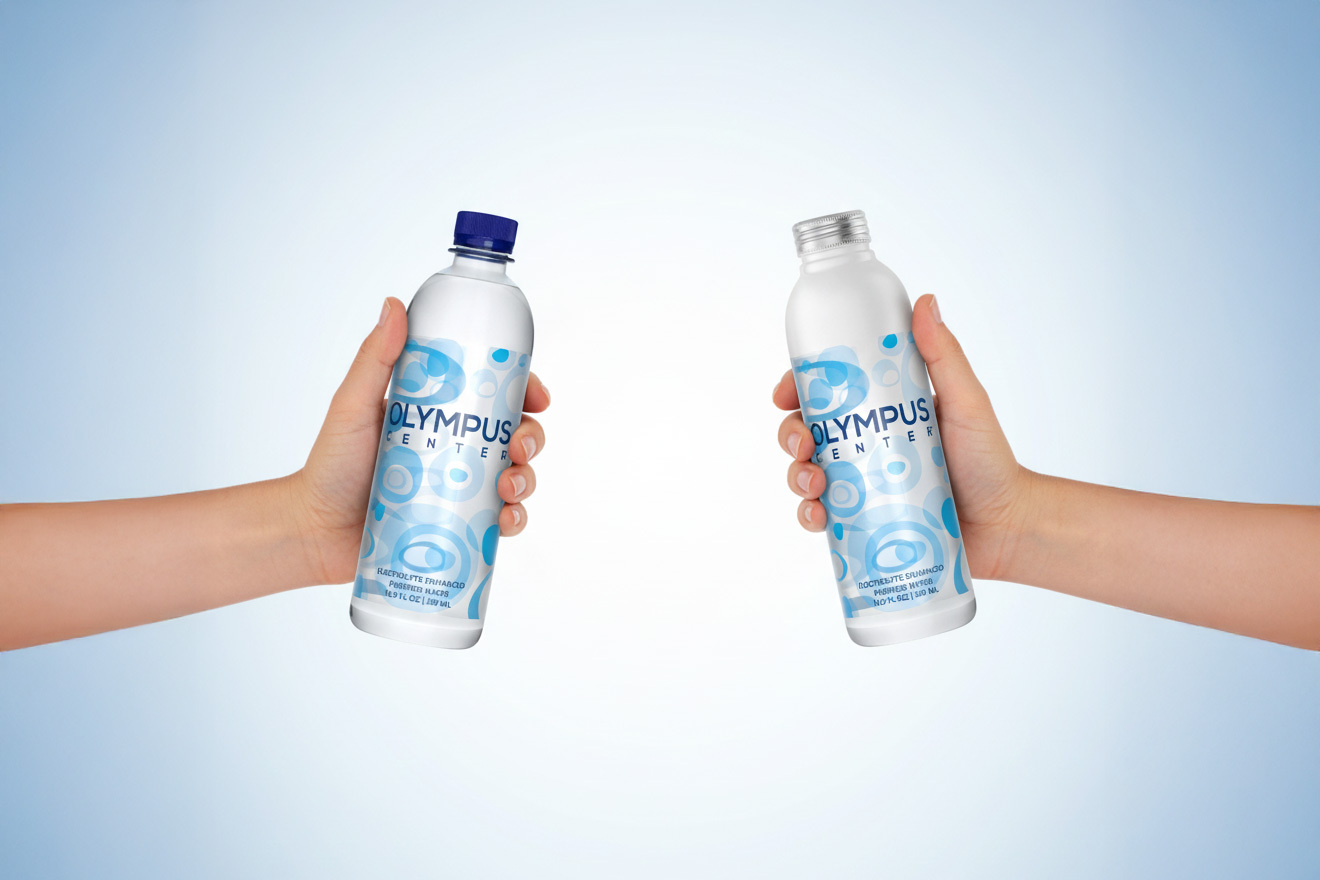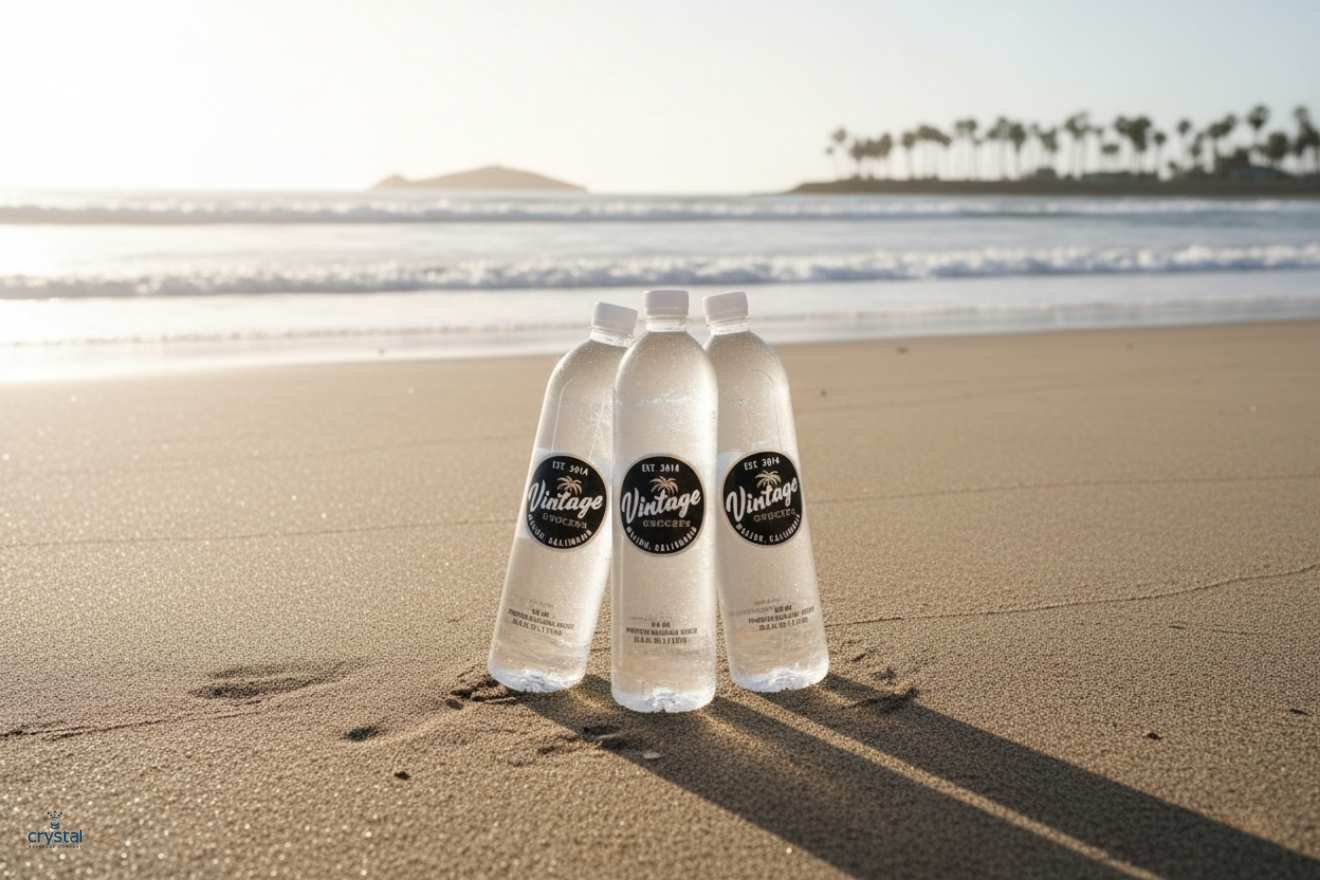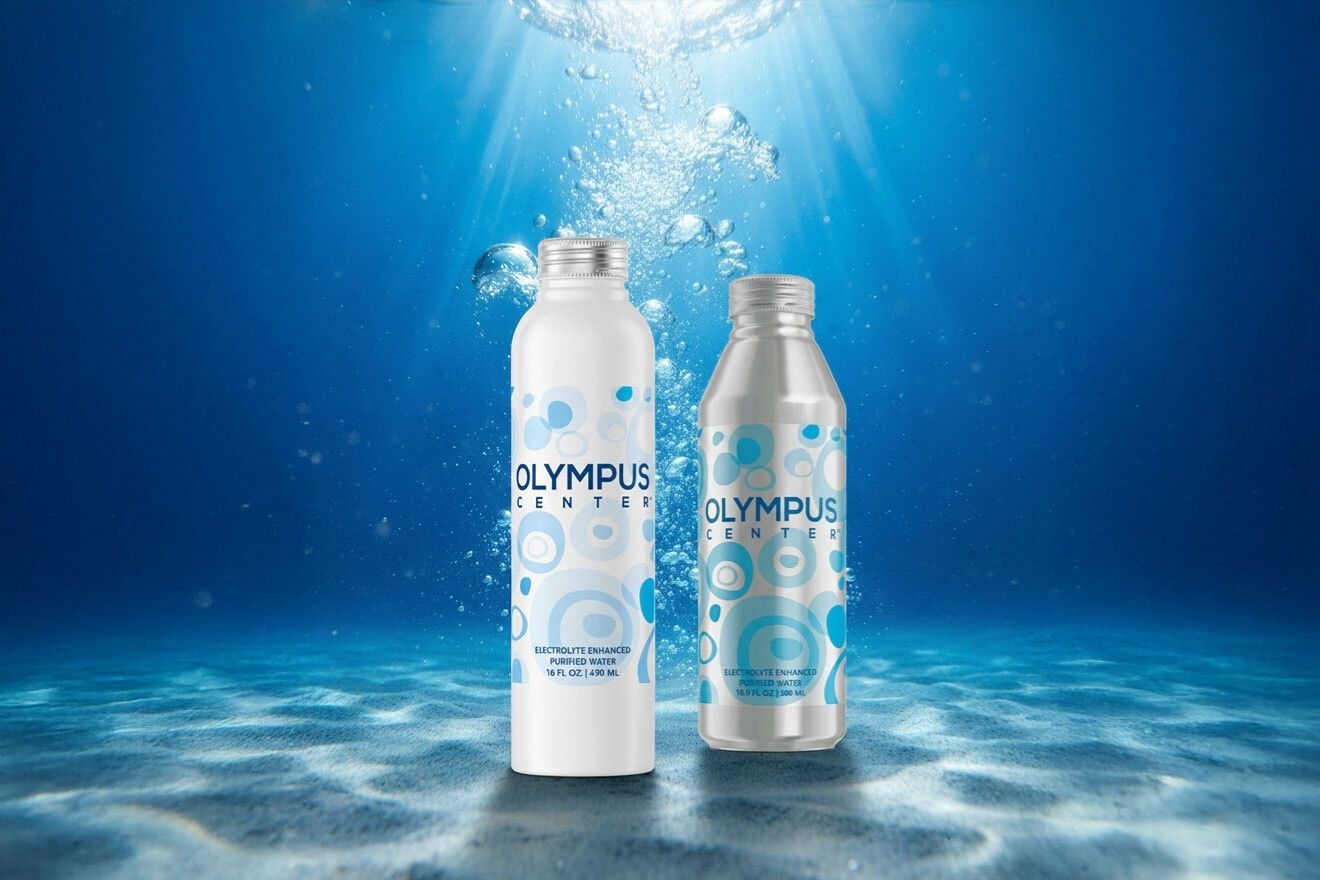Purified Water Vs. Spring Water: Which Is Better?


Staying hydrated is essential in maintaining a healthy body. Drinking water not only replenishes lost liquids during exercise and daily activities, but water transports nutrients to our organs and our cells.
Purified Water
Purified water is called so due to its lack of substances, such as sediment and microbes, in the water. Purified water typically comes from well water or underground water that goes through a filtration process to remove large debris and sediment, then purified to get rid of chemical pollutants, pathogens, and other impurities in the water, like copper and lead.
The standard requirement is that dissolved impurities must be reduced to extremely low levels of 10 parts per million (ppm) or less. This type of water has a higher purity level compared to tap water, as regulated by the Environmental Protection Agency (EPA). Purified bottled water is subject to strict health standards and is regulated by the Food and Drug Administration (FDA).
How Purified Water is Made
Purified water can be produced using groundwater, tap water, or water from any other source. The purification process can take multiple layers, as filtration alone does not remove potential microbes. Countries without ample water resources usually purify their water in a similar process using recycled water, as well as water from rivers, streams, and lakes.
There are different filtration and purification methods, and one of the most popular systems to draw out impurities in the water is the use of a carbon block filter with the reverse-osmosis water filter unit.
The reverse-osmosis process only allows the cleanest water molecules to pass through a semipermeable membrane, while effectively filtering out and discarding any unwanted elements. The result is pure, clean, sterilized water that is completely safe to drink.
Some restaurants and homes prefer to install multi-barrier water filtration and purification systems on their tap or water tank. These systems don't require the initial use of carbon filters; instead, the water goes through a complete filtration using a one-micron sediment filter, ultraviolet light treatment, as well as an ozonation process.
Is Steam-Distilled Water Classified as Purified Water?
Yes— distilled water is a type of purified water, although not very common for drinking like the other forms of purified water. The water goes through a process called distillation, where it is boiled to form steam, which is then directed to a separate chamber for condensation. The end product results in only the purest form of water.
The distillation process is highly effective, as it leaves behind heavy solids containing impurities like sulfates and kills viruses, bacteria, viruses, and protozoa. However, distillation also removes any dissolved minerals or nutrients from the water.
Benefits of Purified Water
Purified water is perfectly safe for consumption, as it contains no harmful chemicals, pathogens, and contaminants that could otherwise pose a health risk to you or your household members. Plants have been noted to prefer purified water over mineral water due to its purity and lack of hard water minerals that can block water absorption.
Purified water also has a very neutral taste, as the purification process does not involve any metal filters or components, chemical treatments, or additives. Purified water can be described as the most basic water can be: pure, clean, and hydrating.
Natural Spring Water
According to the EPA, natural spring water is a type of water that naturally flows and rises to the surface from a large underground water basin. Most of these natural sources are often found in valleys, along the sides of mountains and hills, and in natural water reserves.
If the spring water does not rise on its own, manual extraction is required to retrieve the water. That underground source is then known as artesian well water. The well water is filtered in the same way as natural spring water.
How Spring Water is Made
Areas with thick bedrock, particularly limestone, are common spots for spring water to naturally occur. By the very nature of limestone, water can easily seep through the softness of limestone rocks, dissolving essential minerals and nutrients with it.
Basically, the ‘spring’ in spring water is a result of a high level of water in the underground aquifer, causing the excess amount to rise to the surface. As it rises through the rocks, the spring water undergoes an incredible natural filtration process.
This natural filtration is why natural spring water always seems so clear, and why some consumers prefer drinking it without further treatment. The water is generally considered safe and rich in minerals. Unfortunately, spring water can also be subjected to particles, parasites, and other elements that may compromise its quality and color.
For bottled spring water, it must pass through a filtration system and be tested to meet the standards set by the FDA - Unlike the purified water, natural spring water often retains all the natural minerals even after filtration. So, you'll still enjoy that natural, refreshing taste.
Benefits of Spring Water
Spring water has exceptional purity and provides all the essential minerals in the right amount and proportion needed by the body. It is safe for people of all ages. Beverages prepared using natural spring water have been said to taste better and sweeter than beverages prepared with purified water or distilled water.
Because natural spring water is such a rare occurrence, the EPA continuously regulates and monitors natural water reserves to ensure that the spring water getting to consumers is as fresh and pure as possible, and to minimize water piracy.
Choosing Between Spring Water and Purified Water

Both purified water and natural spring water are considered safe for consumption. The type of water you choose to drink depends on your personal preference and accessibility. Water is water, and all living things require hydration through water. Regardless of source, as long as the water is safe to drink, your water should be good enough for your hydration needs.
Nevertheless, spring water seems to be more preferred due to its high mineral content that improves the taste. On the flip side, drinking high-quality spring water daily could prove to be quite expensive for many people.
With the advancements in technology, you can find a state-of-the-art water purification system to filter and purify your water right in your home or restaurant. Purified water is more readily available and can save you money in the long term as well.






